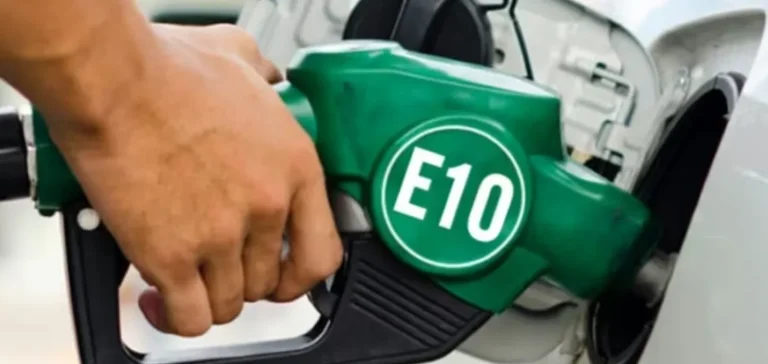Vietnam’s Ministry of Finance has proposed a draft regulation that would allow biofuel producers to claim refunds on special consumption tax for non-deducted mineral gasoline used in ethanol production. The measure aims to reduce financial pressure on local operators ahead of the nationwide E10 fuel mandate, scheduled to begin on January 1, 2026.
The draft circular, released for public consultation, outlines procedures for eligible companies to apply for tax refunds or carry forward tax credits related to ethanol blending. It includes administrative simplifications and introduces a clear implementation timeline, in line with the requirement to blend 10% ethanol into all gasoline distributed nationally.
Targeted support for sector players
Under the proposed rules, licensed producers can submit refund applications to local tax authorities if they cannot fully offset the tax against other taxable revenues. Refunds would then be processed by the state treasury based on decisions issued by tax authorities and following current procedures.
The regulation expands on existing frameworks under Decree 14/2019/ND-CP and Circular 80/2021/TT-BTC, while introducing adjustments to clarify documentation requirements and streamline application processing. First-time applicants must submit Form 01a/DNHT along with proof of a biofuel production license.
National capacity falls short of projected demand
Vietnam anticipates ethanol demand between 1.2 mn and 1.5 mn cu m per year once the E10 mandate is in place, while current domestic capacity stands at just 450,000 cu m annually. The shortfall is expected to be filled through imports, exposing the country to price volatility and global supply risks.
Only two out of six national ethanol plants are currently operational. The Dung Quat facility is scheduled to restart in November 2025, and authorities hope that tax incentives will encourage other sites to resume or expand operations to close the supply gap.
Regulatory alignment with energy targets
Producers will also have the option to offset tax credits instead of claiming refunds directly, providing financial flexibility for companies with diversified operations. The government aims to offer a more predictable market framework for sector investors.
Pilot E10 sales have already started in major cities, including Hanoi, Ho Chi Minh City and Hai Phong, with retailers such as Petrolimex and PV Oil involved. The gradual rollout is designed to prepare the market for full compliance with the E10 blending requirement starting in 2026.
The Ministry of Finance has set the end of October as the deadline for public feedback on the draft regulation. If approved, the rules would take effect in parallel with the E10 mandate, aligning fiscal support measures with national energy policy objectives.






















